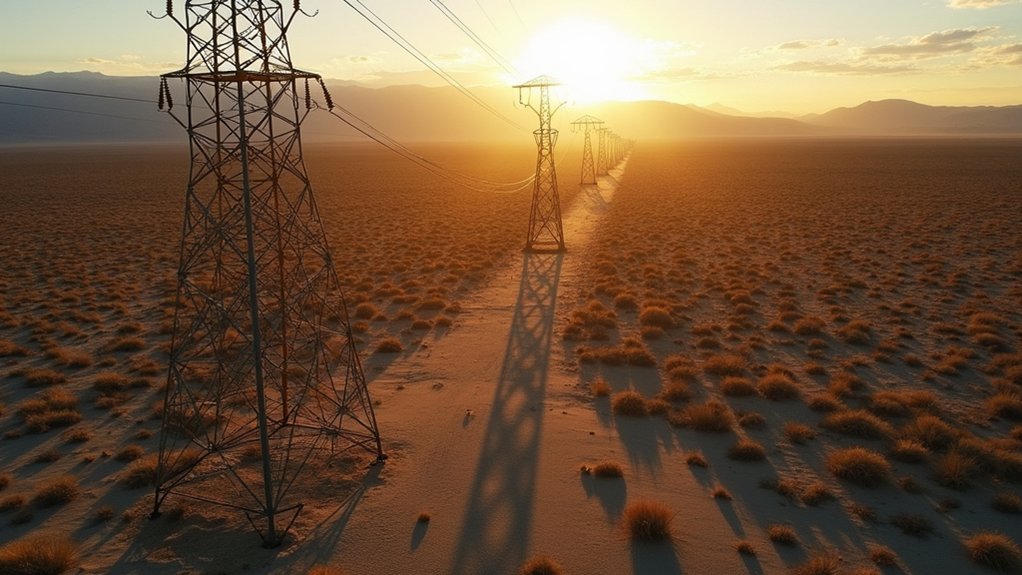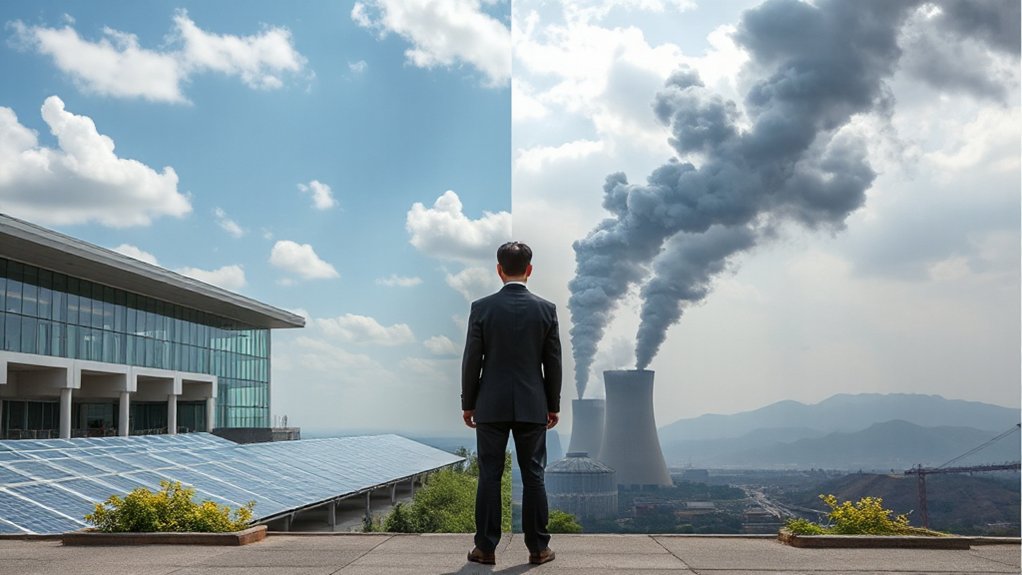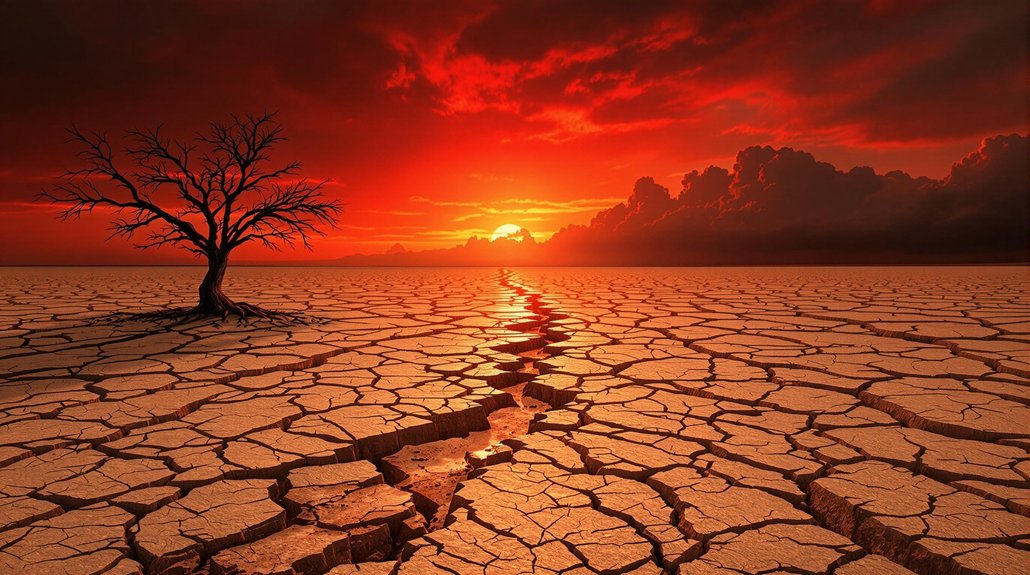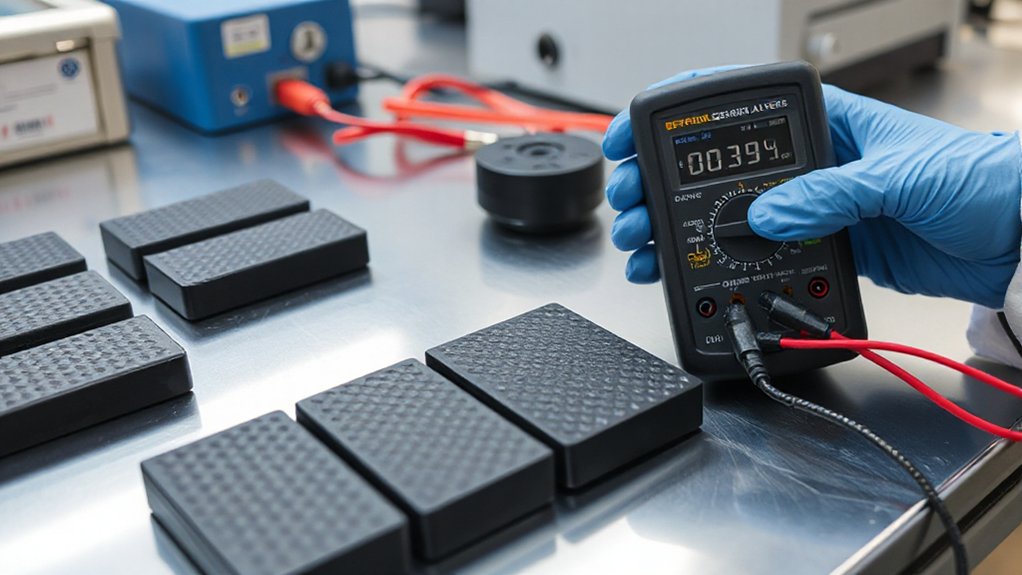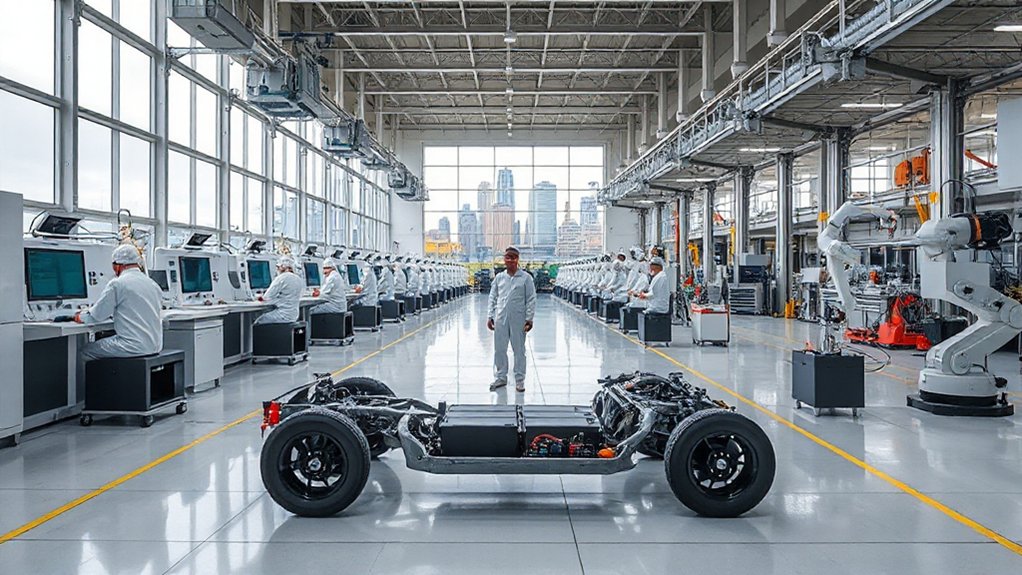Countless wineries around the world are embracing sustainable practices as the wine industry faces growing environmental challenges. The effects of climate change have made carbon-neutral wine production increasingly vital for the future of vineyards. As temperatures rise and weather patterns become unpredictable, wineries are looking for ways to adapt and reduce their impact on the environment.
The sustainable wine market is growing rapidly. Mentions of sustainability in wine have increased by 17.9% year-over-year, with younger consumers driving this trend. The organic wine market is expected to grow at a rate of 10-12% annually. Global sales of organic wine jumped from 29 million cases in 2012 to 71 million cases in 2022, while non-organic wine sales declined from 2.4 billion to 2.06 billion cases during the same period.
Sustainability is no longer just a buzzword—it’s reshaping the wine industry as consumers vote with their dollars.
Many wineries now use solar panels to reduce their reliance on traditional energy. Domaine Carneros has been using solar energy for over 20 years, starting in 2003. Modern microgrid systems can provide up to 80% of a winery’s energy needs and reduce carbon emissions by 375 metric tons of CO2 per year. Longridge Wines demonstrates this commitment with significant carbon reductions achieved through their solar energy initiatives. The adoption of renewable energy in wineries mirrors the global trend where solar costs have decreased by 90% over the past decade, making it increasingly accessible for vineyard operations.
Sustainable vineyard practices include efficient water management, integrated pest management using natural predators, and cover cropping to prevent soil erosion. No-till farming and livestock integration help create healthier vineyard ecosystems. Spanish wineries are participating in the HarvRESt project to use renewable energy innovations, including electric tractors and autonomous robots.
Natural winemaking approaches are reducing sulfites and additives, allowing wines to better reflect the true flavors of the land. Waste management innovations include composting grape pomace, recycling materials, and using lightweight bottles to reduce transportation emissions. Many sustainable wineries are implementing efficient irrigation systems and rainwater collection to conserve this precious resource.
Despite these advances, the wine industry faces a tension between tradition and necessary change. Climate shifts and changing consumer expectations are pushing wineries to adopt sustainable methods. The industry must maintain profits while implementing these practices.
With organic wine’s share of global sales doubling from 1.2% to 3.3% over a decade, sustainability isn’t just good for the planet—it’s becoming imperative for business.
References
- https://tastewise.io/blog/sustainable-wine-is-disrupting-the-industry
- https://corkboutiquewines.com/blogs/news/introduction-to-sustainable-organic-and-biodynamic-wines
- https://wineinstitute.org/our-work/responsibility/sustainability/
- https://lecel.com/sustainable-drinks-delight/
- https://www.internationalwinechallenge.com/Canopy-Articles/key-strategies-for-eco-friendly-wine-production.html


